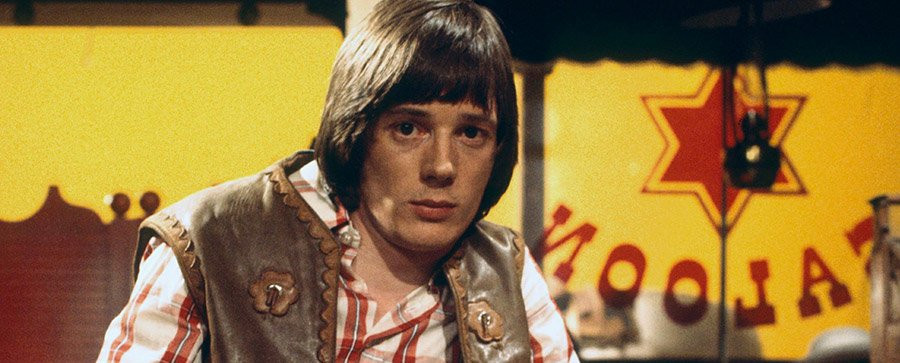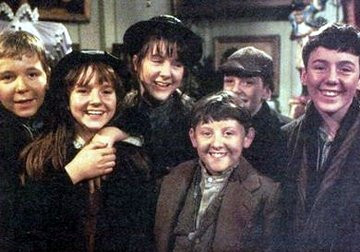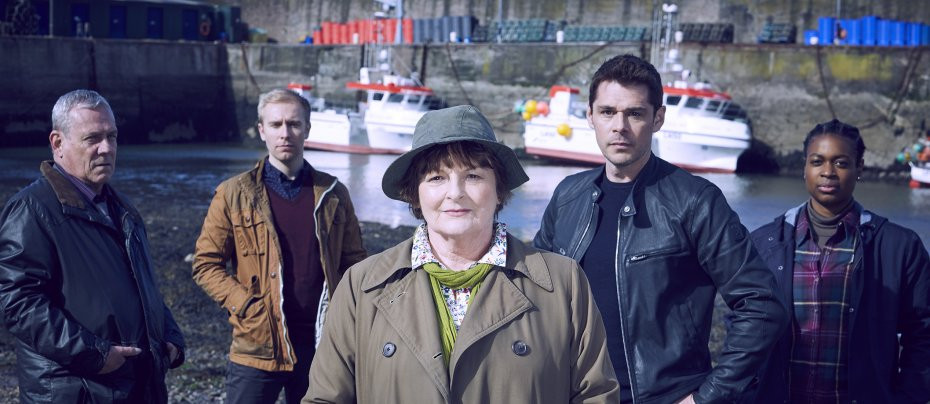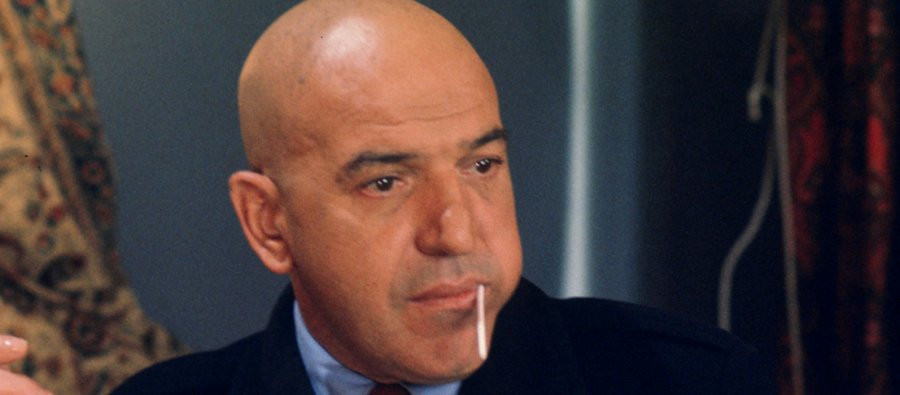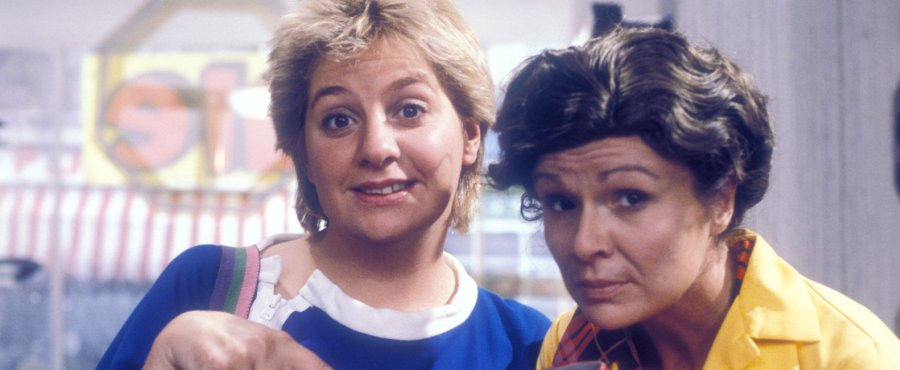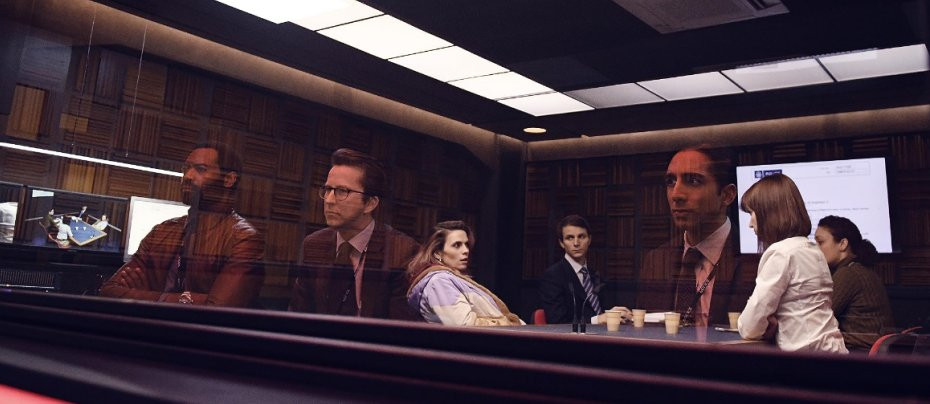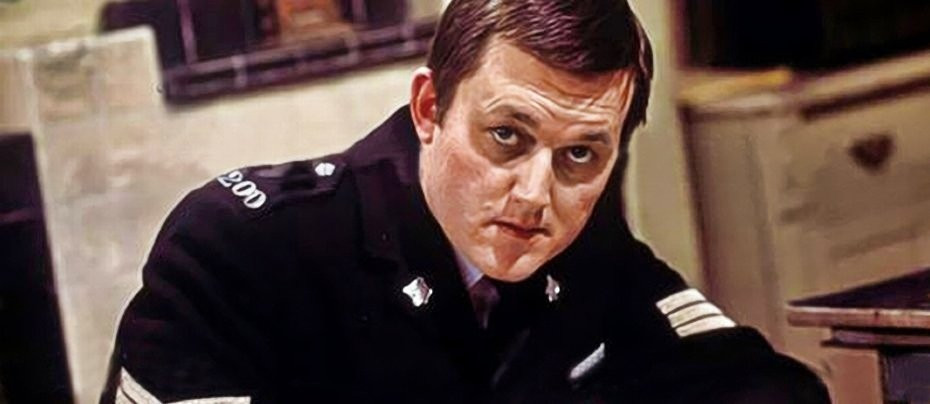
Hunter's Walk
1973 - United KingdomIf you thought that all 1970s British police shows involved screeching tyres, streetwise coppers, bank robbers and 'slags', you obviously never watched Hunter's Walk, a far more genteel police procedural that had more in common with Dixon of Dock Green than The Sweeney. Hardly surprising as Hunter's Walk was the brainchild of Lord Ted Willis, the man who bought George Dixon to the screen.
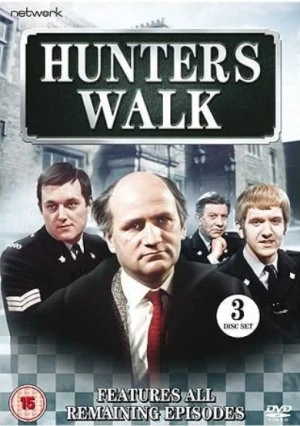
Hunter's Walk, an hour-long series, was set in the small fictional town of Broadstone and offered an authentic portrayal of provincial police work by a small, idiosyncratic team of officers. For his research, Willis spoke to the force of Rushden, in the market town and civil parish in North Northamptonshire, where the series was to be filmed. With a population of 22,000 Rushden was known as a "leather town" where its chief industry was in making boots, shoes and leather gear. The railway station had fallen foul to Dr Beeching's sweeping closures of provincial lines and its old railway yard was by now overgrown with weeds, its main feature being uprooted tracks. Buses stopped running before midnight.
When the ATV unit turned up to begin filming the local police station pinned a list of shooting locations to its notice board in case anyone wanted to watch themselves on television. Apparently, few people seized the opportunity for their 15 minutes (or less) of fame and the only onlookers were from a local school's 'film club' where the crew of 30 film-makers allowed a class of 23 enthusiasts to watch a whole days filming. One resident had a visit from location film manager Ben Bentley when he turned up at her terraced house off Midland Road. The lady, a 75-year-old widow by the name of Gladys Wilkins, told TV Times in 1973, that despite having warnings of bogus rent and rate collectors preying on the elderly, she welcomed Bentley into her home. "Well," she said afterwards, "he was a very nice gentleman and he seemed genuine enough, so I let him in. He said he would like to put my house on the telly." Ah, what innocent times we lived in.
The premise of the series was to concentrate on the more human aspects of police work. Ted Willis had liaised very closely with the local police to offer an authentic portrayal of provincial police work in order to portray the facts concerning the correct phraseology, procedure, and the petty crimes of a close-knit community. Writers for the series included Roger Marshall (Public Eye) and Peter J. Hammond (Sapphire and Steel). All of the writers were encouraged to walk the streets of Rushden in order to create as realistic an atmosphere as possible, before putting pen to paper.

The first series established the characters and showed them dealing with the type of crime common to the area. Ewan Hooper played DS Sgt."Smithy" Smith of the C.I.D., David Simeon as DC "Mickey" Finn, Davyd Harries as Sgt. Ken Ridgeway, Charles Rea as PC Harry Coombes and Duncan Preston (dinnerladies) as the youthful PC Fred Pooley. Preston won the part after walking into the series producer John Cooper's office, putting his size 12 boots on the desk and saying; "If ever an actor is meant to be a policeman - it's me!" Ruth Madoc (Hi-De-Hi) played the part of Betty Smith, the schoolteacher wife of DS Smith. Other actors who passed through included Patricia Brake, Alun Armstrong, Marry Tamm, James Hayter, Norman Rossington, Terence Rigby, Bella Emberg, Bill Maynard, Philip Madoc (husband of Ruth) and Burt Kwouk.
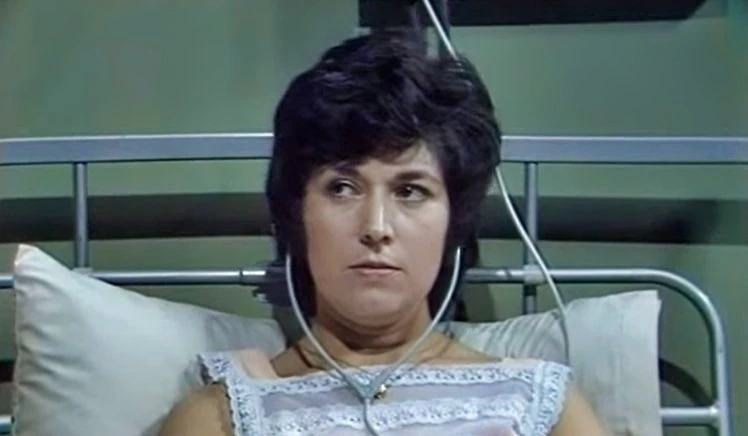
Situations varied from petty offences; people parking without lights, and a householder who has no dog licence, to the more serious such as the release of an ex con and finishing on a more dramatic note with an elderly woman found dead in her shop, which leads to a murder investigation. In series two (1974) the pace was stepped up a little with the beating of an elderly lady, the release of a big-time crook, a series of offences against children and the arrival in town of two London villains. The third series continued the trend towards more hard-hitting stories with the disappearance of a young girl and a story of police prejudice. Another aspect of the third series was to look at the private lives of the police at work and at home with a particular concentration on how the traumas experienced at work were dealt with in their personal lives. Despite some of the more challenging cases the types of crimes committed in Broadstone were more likely to appear in the headlines of the local newspaper rather than the nationals.

Offering a contrasting alternative to the 1970s more hard hitting police dramas, Hunter's Walk enjoyed a decent run on television over its three seasons and most likely influenced some later dramas of the same ilk, such as Juliet Bravo. Unfortunately, not all the episodes have survived in the archive. Those that have were released on DVD by Network.
Seen this show? How do you rate it?
Seen this show? How do you rate it?
Published on June 10th, 2022. Written by Marc Saul for Television Heaven.


